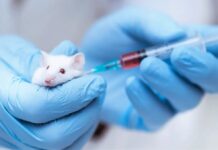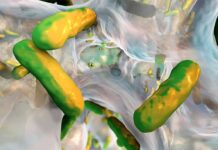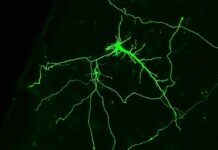Antibiotics have become a standard treatment for bacterial infections, but recent research has revealed that their benefits come at a cost. The gut microbiome, a community of microorganisms that resides in the human digestive tract, is highly sensitive to antibiotic therapy. While these drugs can save lives, they can also induce profound changes in the gut microbiome’s composition, leading to long-lasting impacts.
Examining the Impact of Antibiotics on the Gut Microbiome
To investigate the impact of antibiotics on the gut microbiome, researchers have turned to healthy volunteers. Researchers from Washington University School of Medicine undertook a study with 20 healthy volunteers, dividing them into four groups. Each group was prescribed a different antibiotic or combination of antibiotics for five days. Fecal samples were collected before, during, and after the antibiotics course, with the last sample taken six months post-treatment.
Insight into the Findings
The researchers observed that after taking antibiotics, there was a marked decrease in both total and culturable species richness. Although the measures returned to baseline levels for most volunteers after two months, the species present remained altered, suggesting that antibiotics fundamentally restructure the microbiome. Disturbingly, the gut microbiome of three healthy volunteers was significantly affected, becoming more similar to that of an ICU patient than a healthy individual.
“Antibiotic Scarring” and the Persistence of Resistance
Antibiotics not only induce compositional changes to the microbiome but also increase the prevalence of resistance genes. The researchers noted higher relative numbers of antibiotic resistance genes in the samples taken six months after treatment for three of the four antibiotics. This is concerning as gut bacteria that harbor antibiotic resistance genes can transfer them to pathogens and even degrade antibiotics in the gut, rendering them ineffective.
The Mystery of Differential Responses to Antibiotics
Despite the significant effects of antibiotics on the gut microbiome, why some people’s gut microbes seem to be more disrupted by antibiotics than others remains unclear. The state of the microbiome before treatment could play a role. Volunteers whose gut microbiomes resembled those of ICU patients started with slightly lower species diversity. Determining the factors involved in the differential responses to antibiotics could refine their use, with future studies needing to uncover microbial and metabolomic factors and establish their predictive clinical value.
The Takeaway
Antibiotics have a significant impact on the gut microbiome in healthy adults. The accumulating findings remind doctors to think carefully before prescribing antibiotics. Even when antibiotics are warranted, taking them is still a gamble, according to Gautam Dantas, a pathologist and microbiologist at Washington University School of Medicine. In summary, antibiotics are a double-edged sword, and their use must be judiciously considered.
Google News | Telegram
















